Introduction
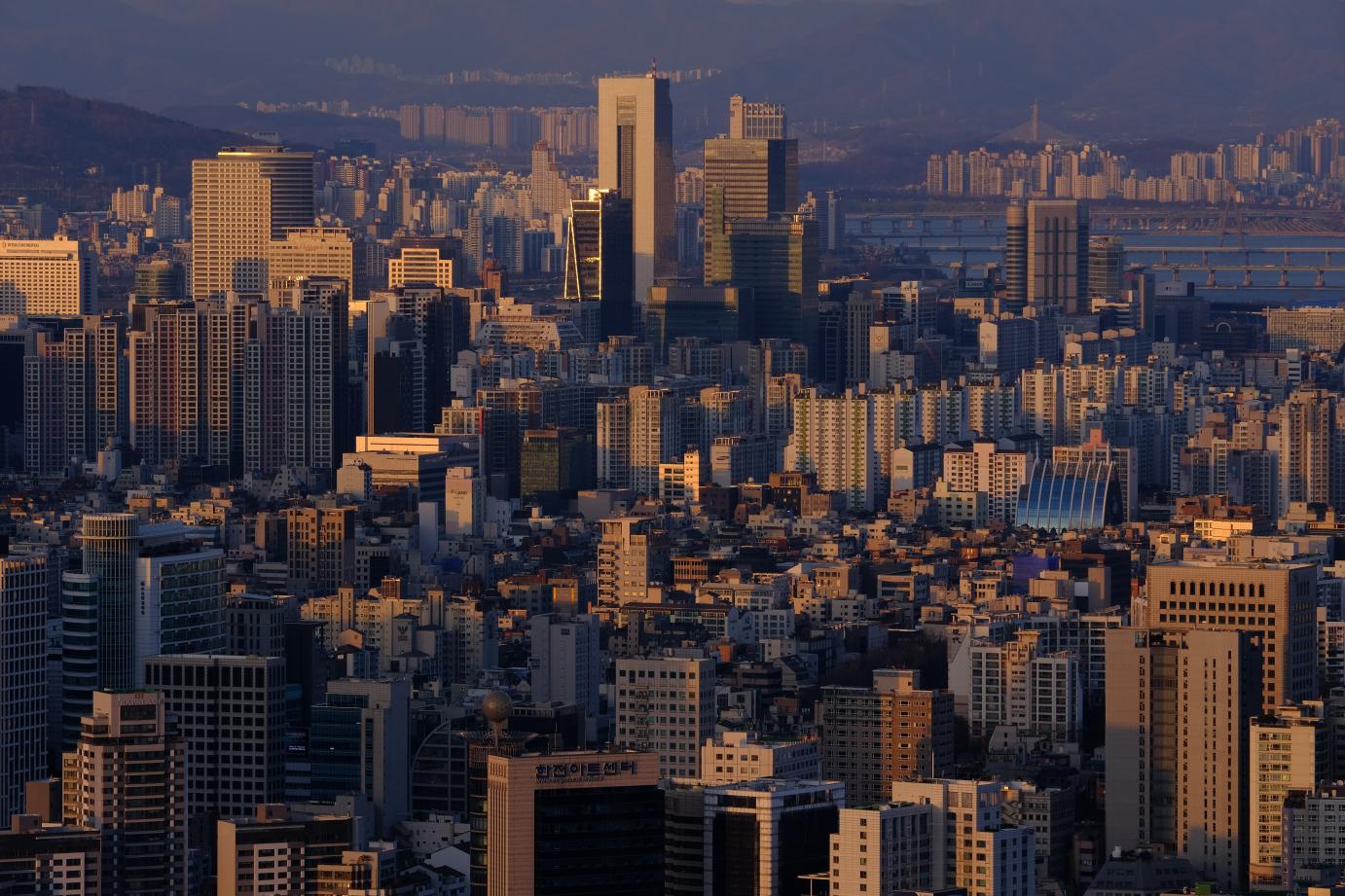
South Korea is a vibrant and diverse country where ancient traditions harmoniously meet modern innovation. In the bustling capital of Seoul, experience a dynamic fusion of high-tech innovation and rich history. Roam the majestic Gyeongbokgung Palace, stroll through the cultural and artistic neighborhood of Insadong, and immerse yourself in the youthful energy and creativity of Hongdae. The city’s skyline, best viewed from the Seoul Tower, is breathtaking, especially at night when the city lights up in a dazzling display. Relax at Han River Park, or indulge in a culinary adventure from bustling street food stalls to upscale restaurants showcasing Korea’s rich culinary culture. Venture beyond Seoul to explore Busan’s coastal charm, unwind in Jeju Island’s natural wonders, and delve into the ancient treasures of Gyeongju. Each destination offers its unique allure, inviting you to discover the multifaceted beauty of Korea. Grab the keys, hit the open road, and embark on a self-drive tour to explore the enchanting allure of South Korea firsthand!
Car Rental Tips
Book in Advance
Generally, we recommend that you make your reservation one month in advance so that you could choose the desired vehicle and date.
If you proceed directly to the car rental store without a booking, it is likely that the car you need might be unavailable.
If you are already a QEEQ diamond member, you only need 1$ to freeze your booking and make the rest of the payment before pick-up, which does not affect your credit card limit.
Required Documents
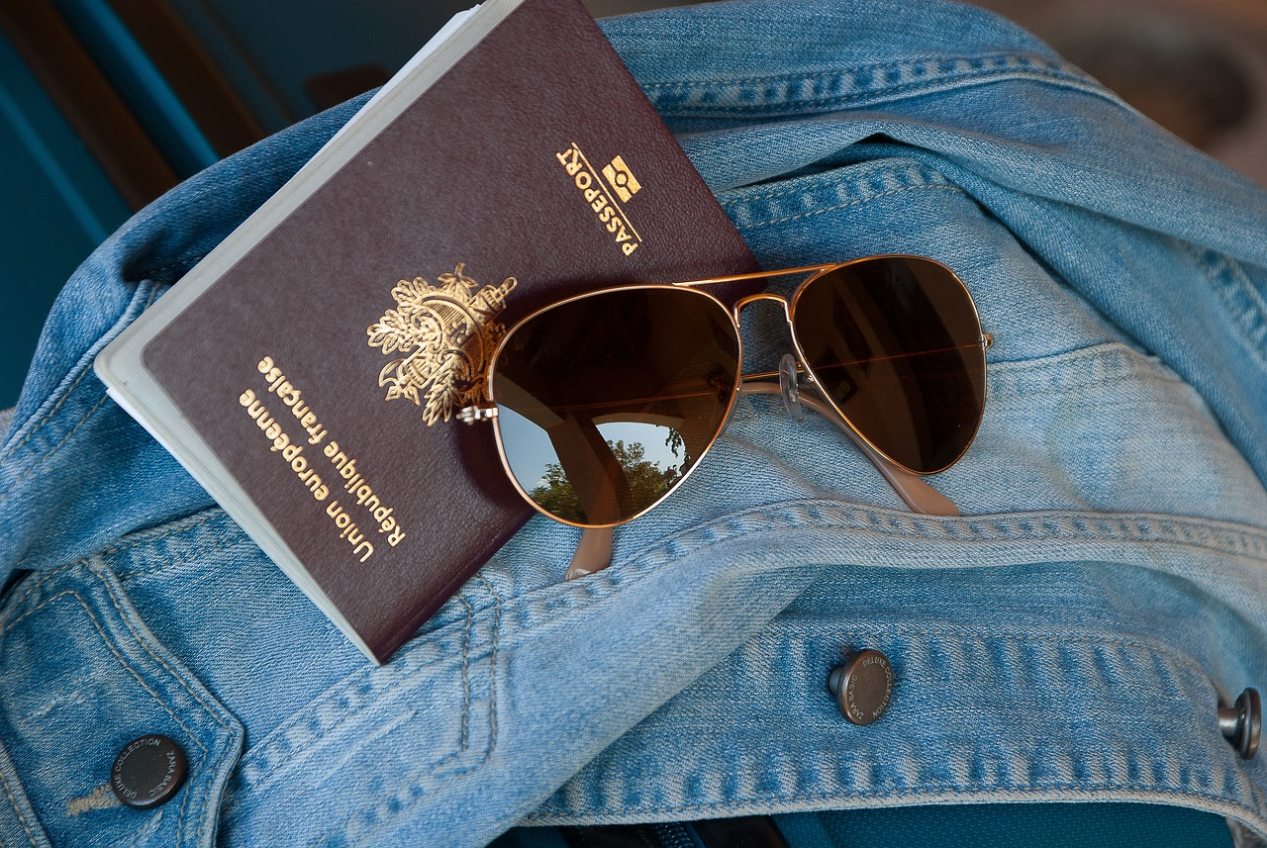
Passport, Driver’s License, IDP (Optimal), Credit Card
International Driving Permit (IDP) is highly recommended, which allows you to drive legally in countries that need one.
If it is inconvenient for you to apply an IDP, generate a free driver’s license translation on QEEQ.com (Japanese site only).
Tips: Please be aware that most rental companies require drivers to have held their license for at least one year. Additionally, some companies have age restrictions, and drivers under a certain age may need to pay a young driver fee.
Car Choices
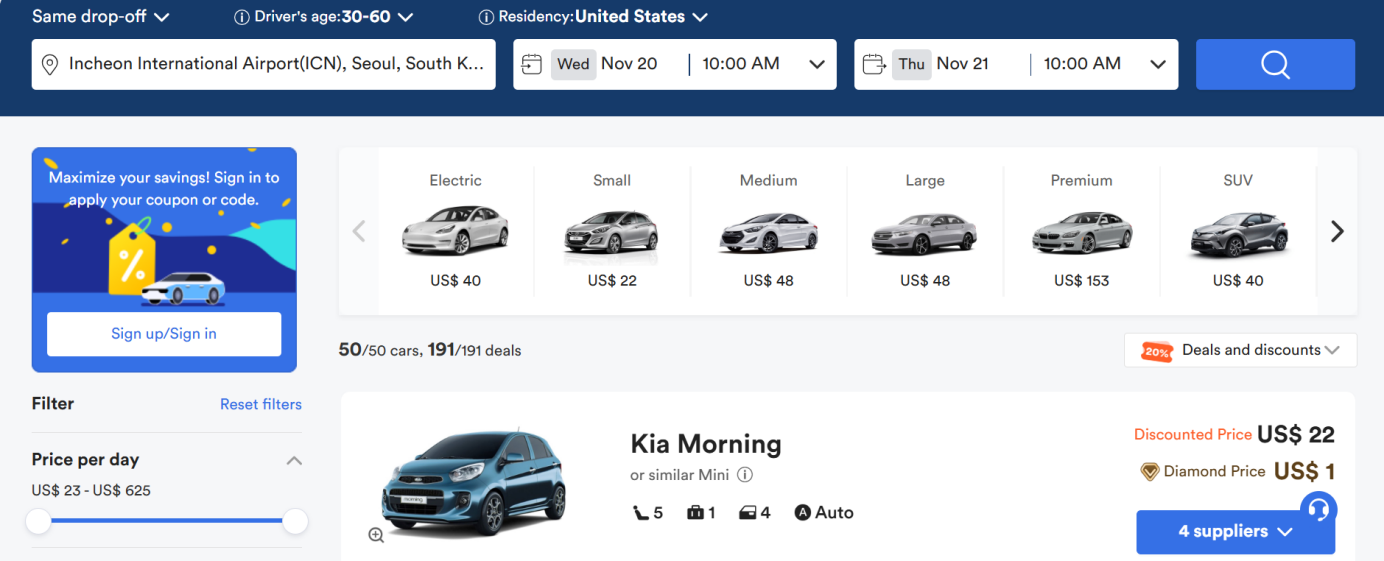
The choice of your car depends largely on the duration of your trip, passenger number, luggage amount and road conditions.
- City Driving for small groups (1-3 passengers)
If you are a couple, or travel with a friend or two, or if you travel alone, a reasonably priced small car would be a good choice.
Compact size cars have 4 to 5 seats. We recommend sparing one passenger capacity so you could relax and have more space.
- 4 to 5 passengers including children and elderly
Medium and large size cars are recommended. These models could still possess a fair mount of space with 2 to 3 suitcases. SUVs are suitable for hybrid road conditions. Eco-friendly cars such as the Prius could save your spend on gasoline. Choose what you need giving you peace of mind on long trips.
- Traveling in a group of 6 or more
It would be a wonderful experience to choose a van for everyone to have his or her own seat. These models accommodate a passenger capacity from 7 to 12 people. While it is noticeable that large cars cannot make quick and sharp turns. So we recommend renting two small or medium-sized cars if you spend a lot of time driving through towns.
Online Booking Process
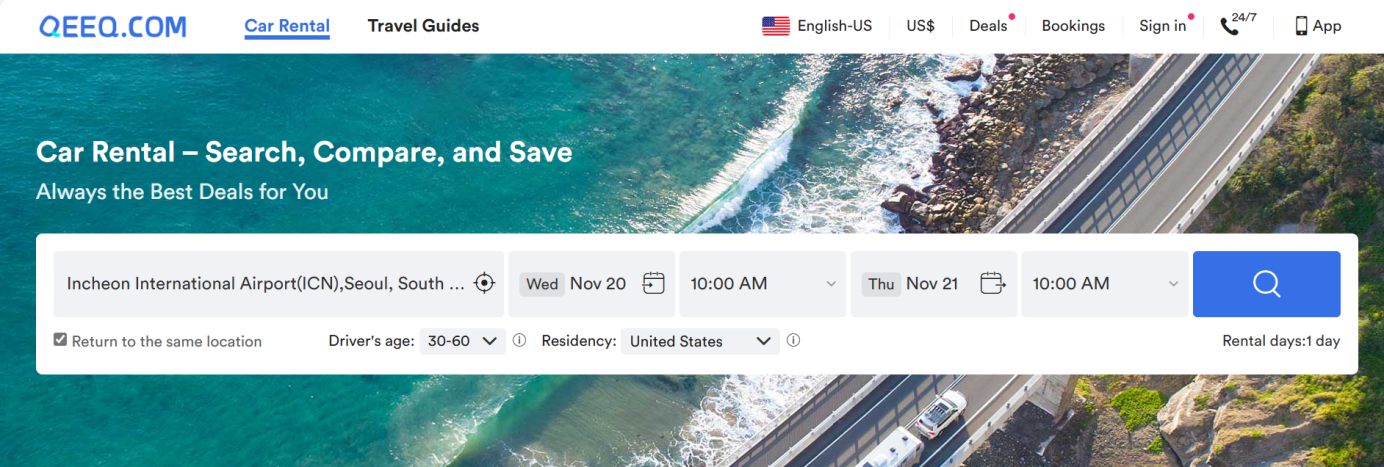
We are endeavoring to make your booking as convenient as possible. Enter our website QEEQ.COM, log in, enter the required information, and follow the instructions, you are free to rent your desired car.
Insurance
What Insurances Are Available?
*For Autopilot Cars:
- Insured: Protection for the person renting the car, including passenger accident insurance and personal accident insurance (PAI). This includes the personal safety of the driver, passengers, and their personal belongings.
- Automobile Insurance: protection for the vehicle of the renter. Collision Damage Waiver (CDW) is one example.
- Third-party Insurance: insurance that protects third parties other than the renter and the car rental company. Basic Third Party Liability (BTL) insurance, etc.
International car rental bookings will include the basic insurance required for car rentals: Vehicle Damage Coverage, Theft System, and Third Party Liability Insurance.
The deductible is the maximum amount of money you’re liable for in the event your rental car is damaged or stolen as long as you follow the conditions of your rental agreement. For example, the deductible is 1000 dollars, if the damage to the rented car is less than 1000 dollars, the customer pays; if the damage is more than 1000 dollars, the customer pays up to 1000 dollars; and the store’s insurance company pays for the part exceeding 1000 dollars.
Many travelers want more comprehensive coverage and purchase additional insurance. Personnel, vehicle and third-party coverage varies by insurance type. Here are some examples of common types of insurance (note: more checks means more coverage):
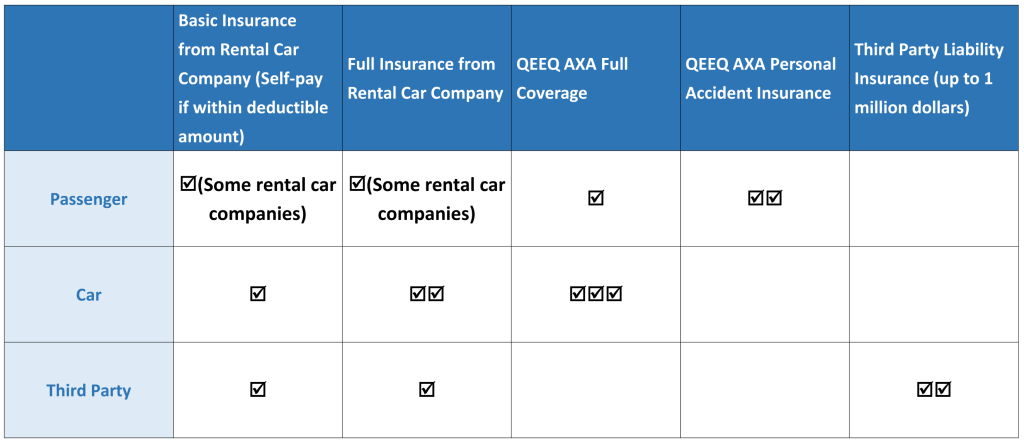
When and How to Purchase Insurance
There are two ways to obtain insurance: one is to purchase insurance when booking the car online; the other is to purchase insurance at the local store where the car is rented when picking up the car.
Generally, insurances provided by rental car companies usually has narrower coverage, higher premiums, so purchasing insurance online when booking the car is highly recommended.
How to Choose Insurance
If you are traveling with limited budget, it is better to choose the kind of insurance policy with the most comprehensive coverage. The main reasons are:
- Repairing fee for the car would probably be higher abroad.
- In case of an accident, the medical cost and compensation are very high.
- The wider the coverage, the less the troubles you would deal with, which saves tons of time and energy.
Taking automobile insurance as an instance, comparing to common insurance policies, the most comprehensive insurance coverage, including glasses, tires, chassis protection, and considerations for special road conditions such as sand and rocks, is very necessary, but basic insurance of car rental companies usually does not include full coverage as such.
Picking Up the Car
Check Before Departure
Before proceeding to the car rental shop, make sure you have brought with you all necessary documents for picking up the vehicle, and two international credit cards is recommended to ensure that there is enough credit limit for pre-authorization.
Proceed to the Car Rentals
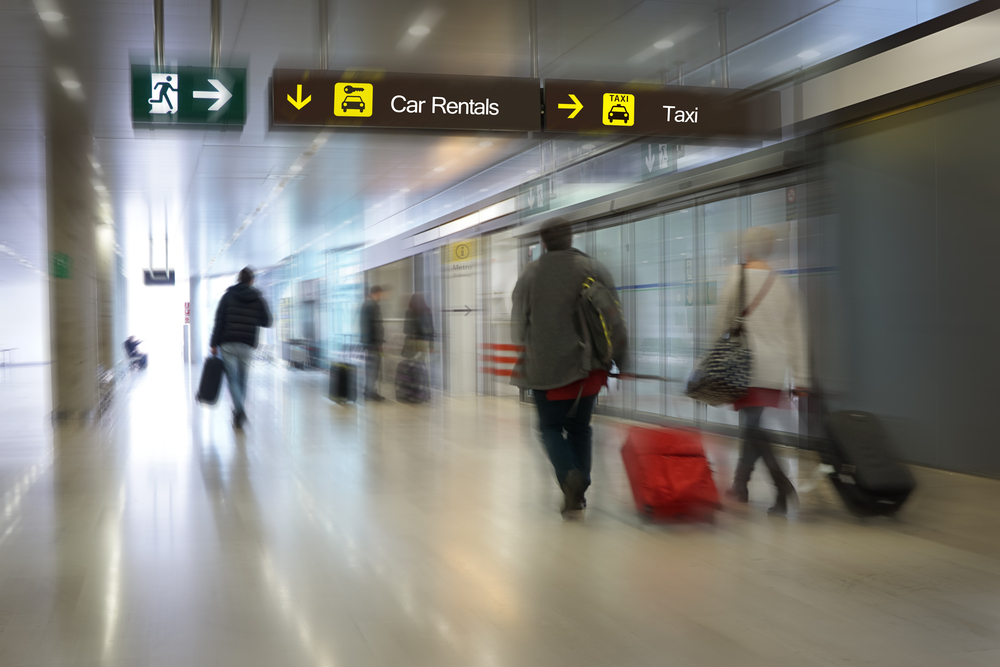
If there is a pickup store nearby, you could just walk there, following signs for airport rental cars.
If the rental car center is far away, there is usually a free shuttle bus bound for the rental car center. Shuttle buses run every 10 minutes approximately, so take the bus when you see the logo of your car rental company.
If the shuttle is not available, you can contact the car rental company and wait for staff member to pick you up at designated location. In case you have difficulty communicating with the store staff, please call QEEQ and we will assist you in English or other languages.
Inspect the Car

When you receive your reserved vehicle, inspect the bodywork for damage. At that time, it’s a good idea to document the entire process with your smartphone camera or take a picture of the dashboard. Because if you forgot to check the condition of your vehicle before departure, you may be charged for wronged damage repairs when you return it.
Payment
 Payment is due on the day of the rental unless you are paying online or purchasing a tour package.
Payment is due on the day of the rental unless you are paying online or purchasing a tour package.
Insurance is usually included in the rental price, but some car rental companies offer paid options for more comprehensive coverage.
Last but not least, keep all contracts and documents safe for possible further usage. Once you have received your keys, check the seat heights, mirror positions, secure child seats, and then you are ready to go!
Traffic Rules and Signs
Traffic Rules
- Drive on the Right
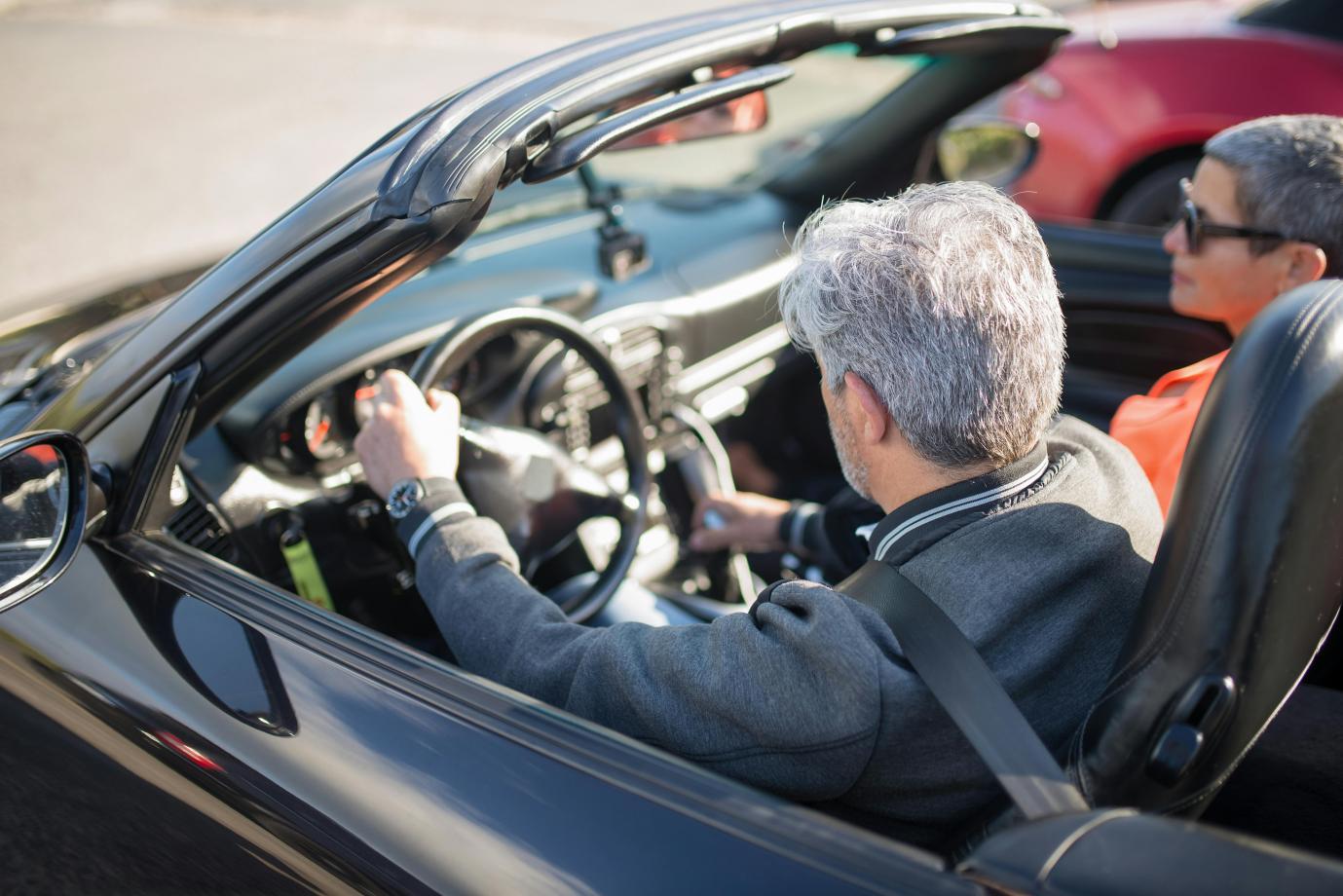 Vehicles in South Korea operate on the right-hand side of the road.
Vehicles in South Korea operate on the right-hand side of the road.
- Pedestrian Priority
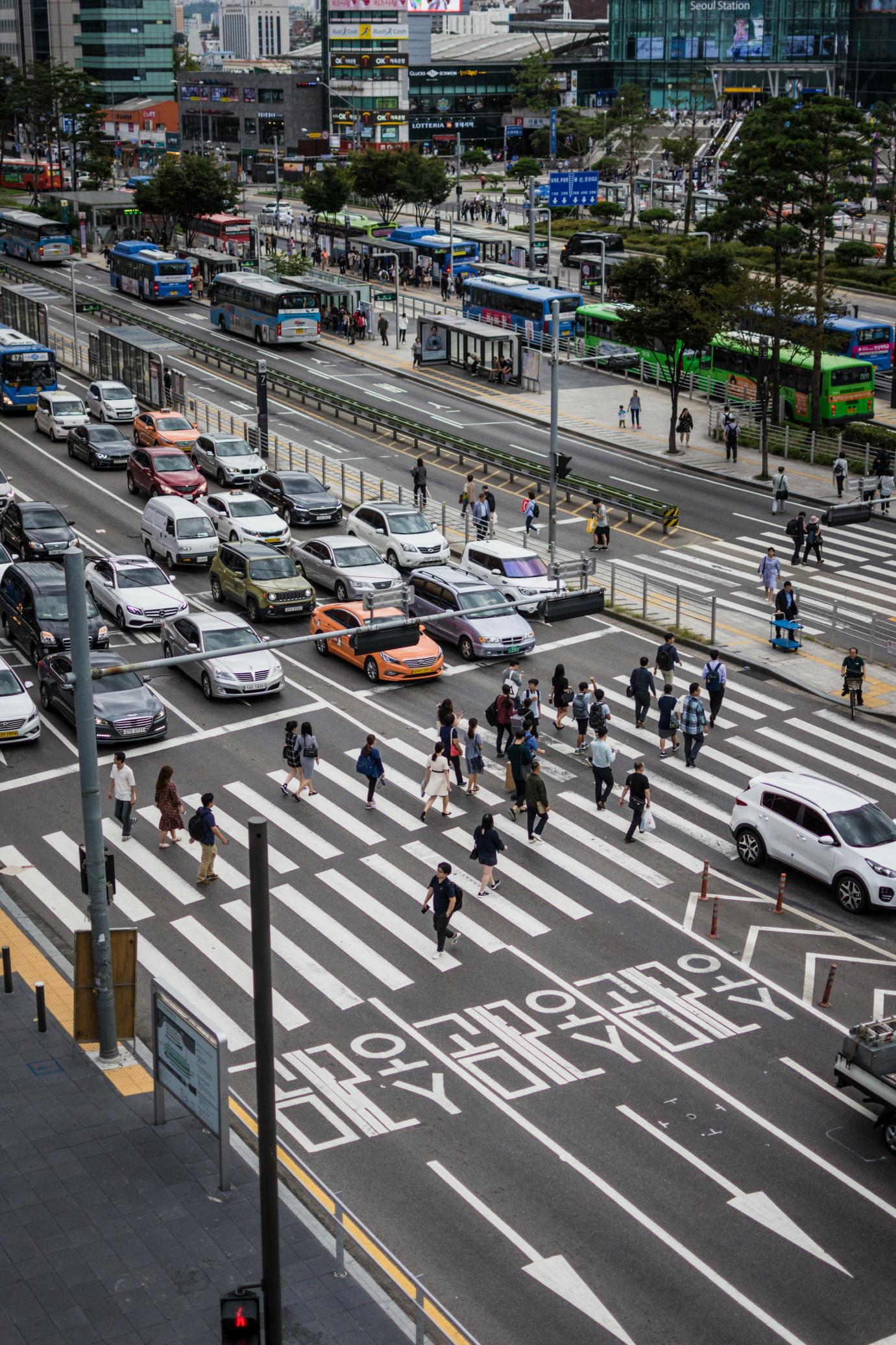
Pedestrians are granted absolute right-of-way in South Korea. Drivers must yield to pedestrians at all crossings and intersections.
- Safety Regulations
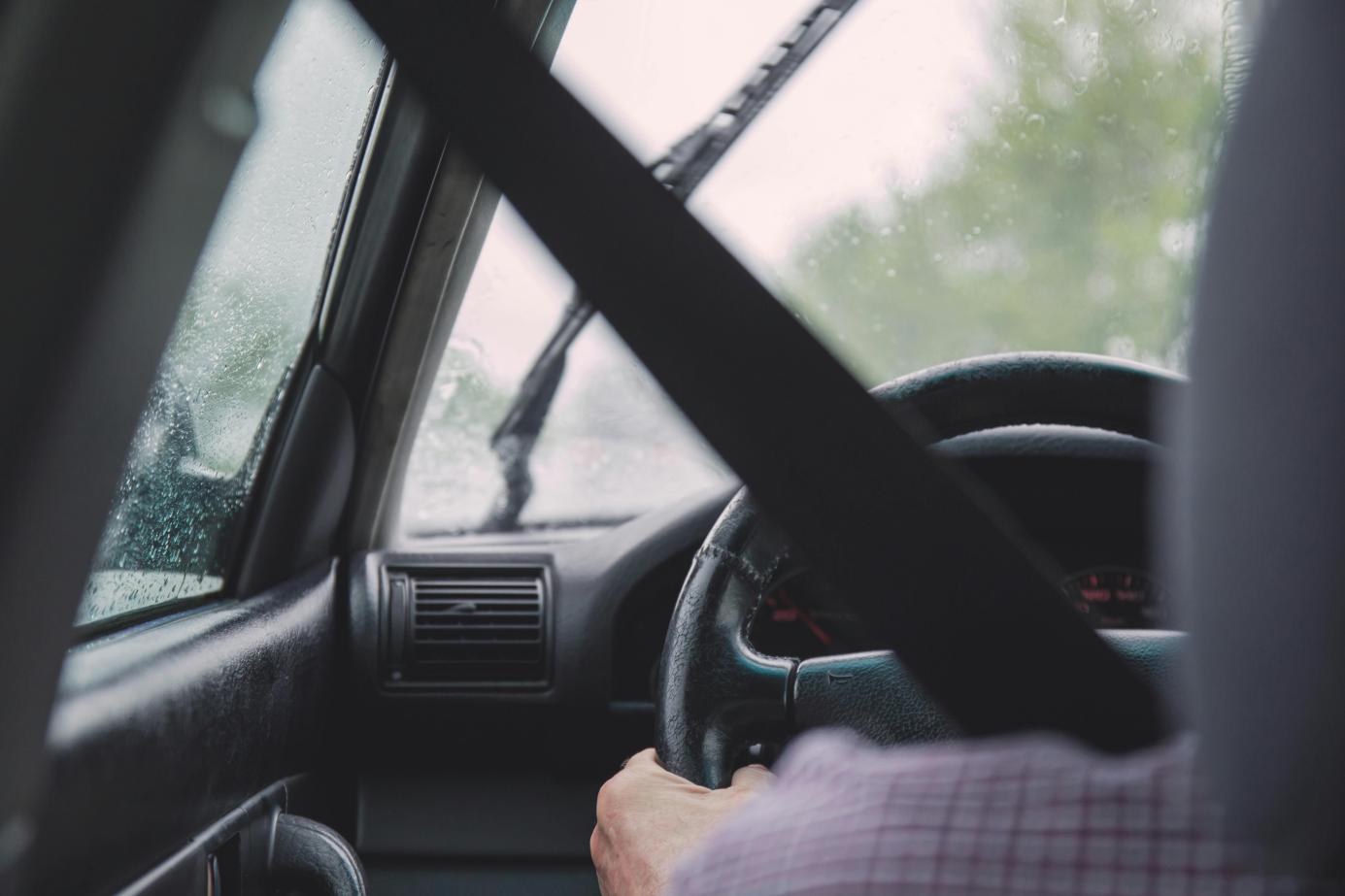
It is compulsory for everyone inside the vehicle to wear seat belts, including backseat passengers. Additionally, children under the age of 7 must be seated in appropriate child seats located in the back seat for safety. Safety is a crucial aspect of driving in South Korea.
- No Phone Use While Driving

The use of mobile phones while driving is strictly prohibited unless a hands-free system is used. This is enforced by remote cameras, and violators face hefty fines.
- Dedicated Lanes
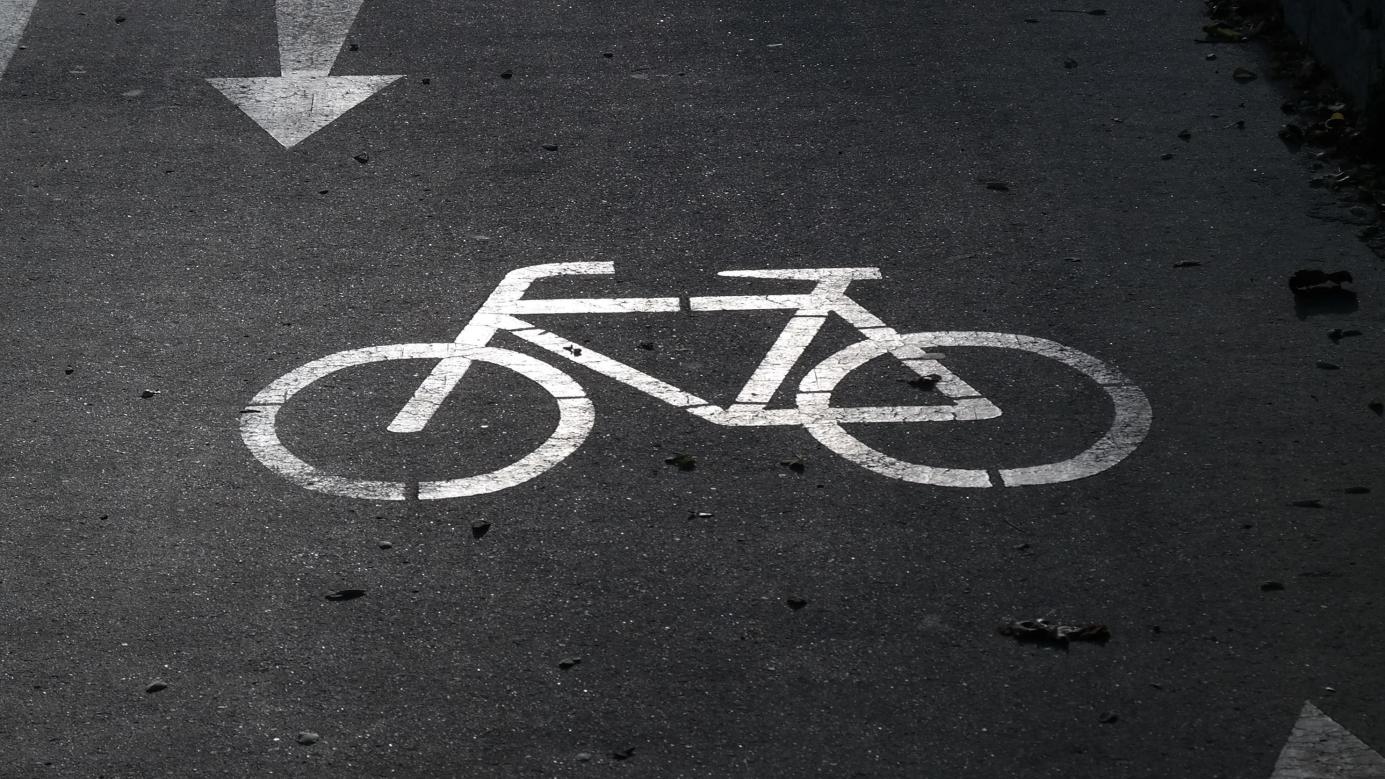
Many cities feature specific lanes for buses, taxis, and bicycles. Be mindful of these lanes and avoid using them unless you’re driving the appropriate type of vehicle.
- Right-of-Way Rules
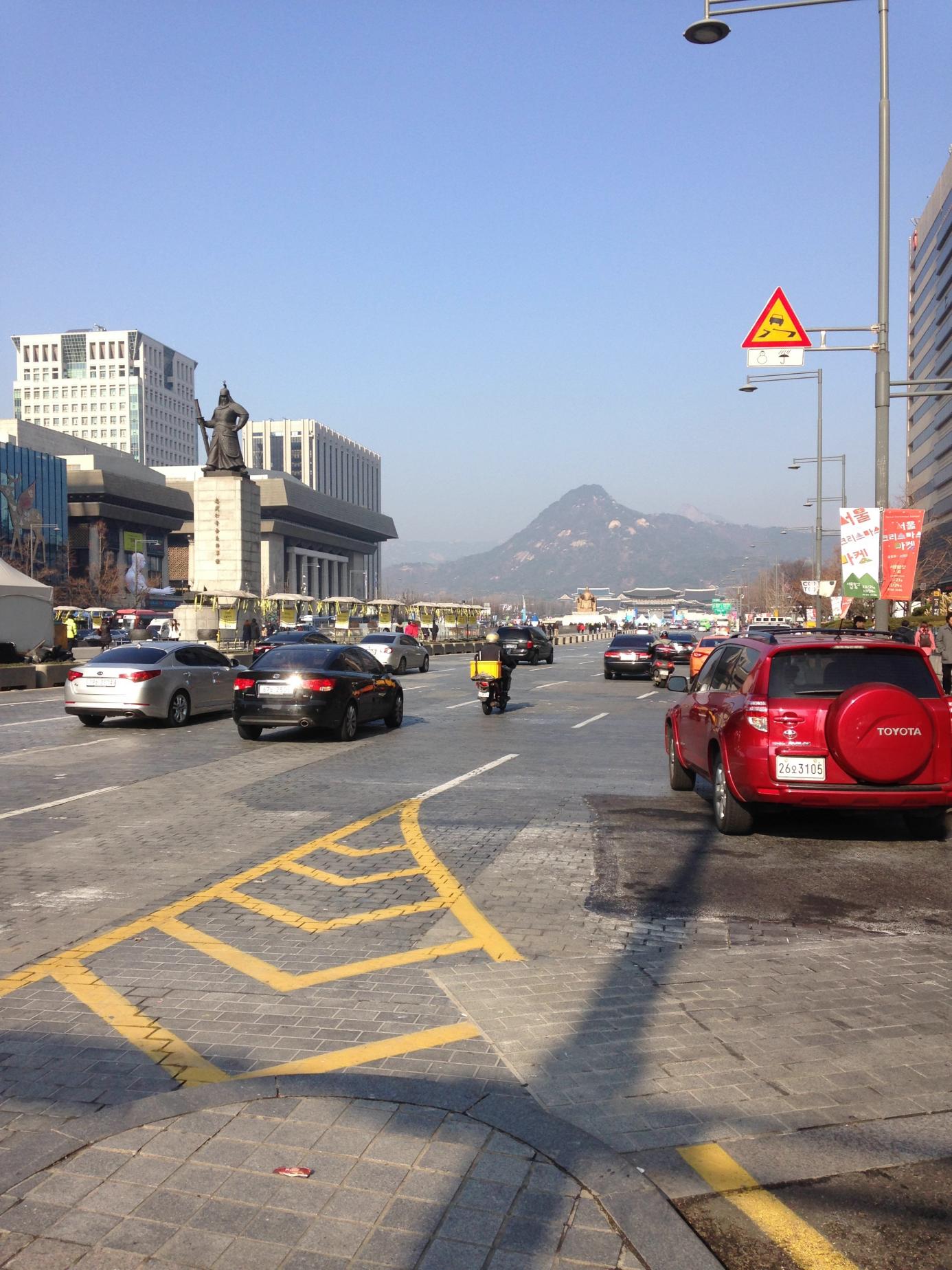
Key traffic rules include yielding to straight-going vehicles when turning, giving way to main roads, and allowing vehicles already in a roundabout to proceed first. Koreans strictly adhere to these rules, often proceeding quickly when they have right-of-way. It’s important to drive defensively and yield when necessary to avoid accidents.
- More traffic rules
For more traffic signs in Korea, please refer to:
https://www.smu.ac.kr/_attach/file/2022/02//PKgLAWqZXVKsrsmcXkzB.pdf
Signs
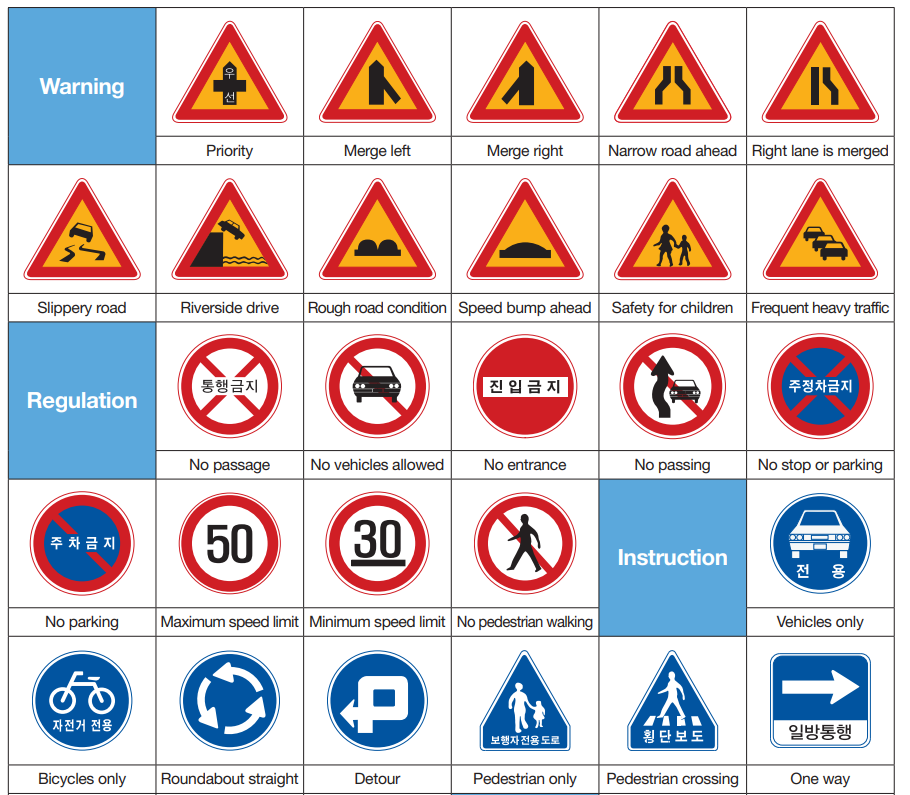
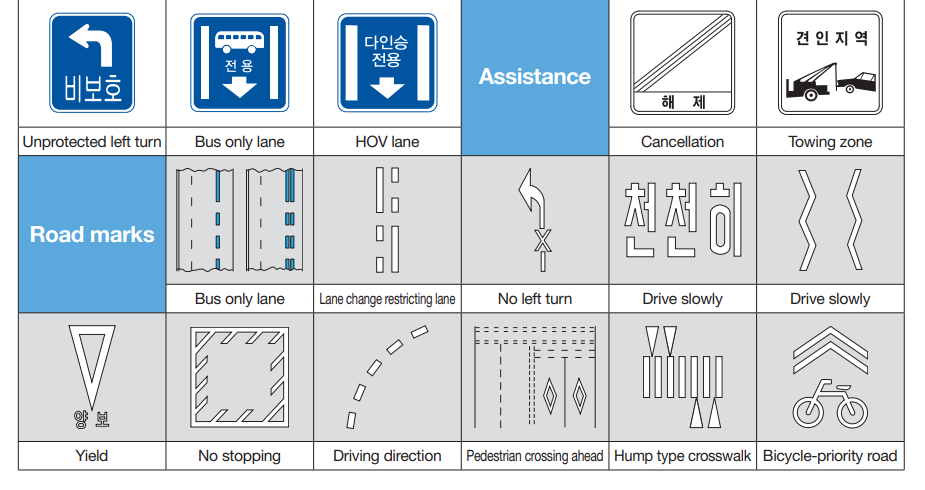
For more traffic signs in Korea, please refer to:
https://www.smu.ac.kr/_attach/file/2022/02//PKgLAWqZXVKsrsmcXkzB.pdf
Fueling
Fuel Prices
Fuel prices in South Korea are fairly moderate by international standards. The current gasoline price in South Korea is KRW 1,585.44 per liter or USD 1.21 per liter and was updated on 14-Oct-2024. For comparison, the average price of gasoline in the world is USD 1.18 per liter.
Full-Service Stations
Most stations provide full-service, with attendants ready to assist with refueling. Both cash and credit card payments are accepted, although cash is often more straightforward.
For English guide to getting gas in Korea, please refer to:
English guide to getting gas in Korea and some Korea driving tips
Distinguish Diesel from Gasoline
It’s important to distinguish between diesel and gasoline. Diesel pumps are clearly marked “Diesel.” For most vehicles, “Gasoline” is the usual choice, roughly equivalent to the standard premium unleaded fuel—make sure to select the correct fuel type to avoid issues.
Parking Guidelines
Limited Availability in City Centers
Finding parking in the heart of Seoul and Busan can be challenging, as most options are in underground garages, and free parking is rare in these bustling areas.
Follow Parking Regulations
Be sure to check signs carefully when parking on the street. Avoid parking in blue-marked handicapped spots or areas with yellow markings to prevent fines.
Parking Fees
Parking rates in city centers typically range from 6,000 to 12,000 KRW per hour (4.51 to 9.02 USD, at an exchange rate of 1,330 KRW to 1 USD). Payment is made via self-service machines or by taking a ticket and paying when you exit. You can often find cheaper rates in parking lots associated with malls or supermarkets.
Accident Handling
If you are involved in a traffic accident, do not panic. Check whether the passengers are injured, help yourself and seek help from passersby. Emergency contacts are available at any time.
- Police Department: +82-112
- Fire Department: +82-119
- Medical Emergencies: +82-119
- Infectious Disease Emergencies: +82-1339
- Foreign Traveller Hotline: +82-1330
- Embassy Numbers by Country: https://www.embassypages.com/
- You can also call your car rental company:
For the rental company’s phone, please refer to your rental confirmation.
Here are the steps to handle different types of accidents:
Minor Collisions
- Ensure everyone’s safety.
- Move the vehicle to the side of the road to avoid obstructing traffic.
- Call 112 to report the accident.
- Take photos or videos of the vehicle’s condition.
- Have the police document the accident and keep the accident report.
- Contact the rental company and your insurance provider.
Vehicle Break-Ins or Theft
- Call 112 to report the incident.
- Have the police document the incident.
- File an insurance claim.
- Verify the information.
- Receive compensation.
Vehicle Breakdown
- Open the car’s trunk and hood.
- Hang a white object on the door handle to signal for help.
- Call the rental company.
- The rental company will dispatch staff for towing or repairs.
- If the rental company cannot resolve the issue, ask the police for towing assistance. Repair costs can be high, so having full insurance is important.
Car Return Process
Important Reminders
After your enjoyable road trip, it’s essential to return the vehicle on time. If you have any questions or need assistance, you can contact the 24-hour customer service hotline.
Car Return Tips
- Refuel Before Returning
If your rental agreement requires a full tank upon return, make sure to refuel within 5 kilometers of the drop-off location and keep the receipt to show the rental staff.
- Keep the Car Clean
Return the car in a clean condition to avoid cleaning fees. Note that smoking in the car may also result in additional charges.
- Reconcile the Fee
When you return the car, the staff will inspect it and provide a final invoice. Carefully review the invoice and address any discrepancies immediately or contact customer service for clarification.
- Keep the Contract and Document
Retain the rental agreement and receipts after returning the car for future reference.
Early or Late Return
- Early Returns
Returning the car early usually does not result in a refund for unused days.
- Late Returns
If you need to return the car late, call the rental location in advance to get approval and confirm any additional charges.
After-Hours Returns
If you can’t return the car during business hours, check if the rental location allows after-hours returns. If permitted,
- Park in the designated area
- Lock the car
- Take photos of the fuel gauge, odometer, and car exterior
- Drop the keys in the key/drop-off box
Note that you are responsible for the car until the rental location reopens. To avoid issues, it’s best to return the car when staff are present.
Help after Trip
Traffic Citation
How to Pay Fine Ticket:
- Online payment is the most convenient. There is a payment web site attached on the ticket, follow the instructions to enter the ticket serial number and then add your credit card information to pay the fine. Please mind the due date, otherwise you would pay a late fee.
- If you could not pay right away, tell the rental company, and the company could charge your credit card directly, although there is usually a commission.
- If there are no violations during the rental period, the deposit will be automatically unfrozen and refunded to the main driver’s credit card within a month.
Insurance Claim
If you bought a full coverage insurance, you would receive a fast claim settlement. The following documents should be prepared:
- Passport
- Driver’s License
- Credit Card Checkback History
- The Car Rental Contract
- Car Damage Deduction Bill
For more detailed information, check the terms and conditions of insurance company: term (qeeq.com)
Unknown Charges after Trip
If you received an unexpected deduction when you return to your home country, it might be that your violation fee is paid by the car rental company, but usually the deduction amount will be more expensive than the violation fee because that includes the management fee charged by the car rental company. If you don’t know what the violation was, you can contact our customer service for help.
Classic Routes
- Seoul
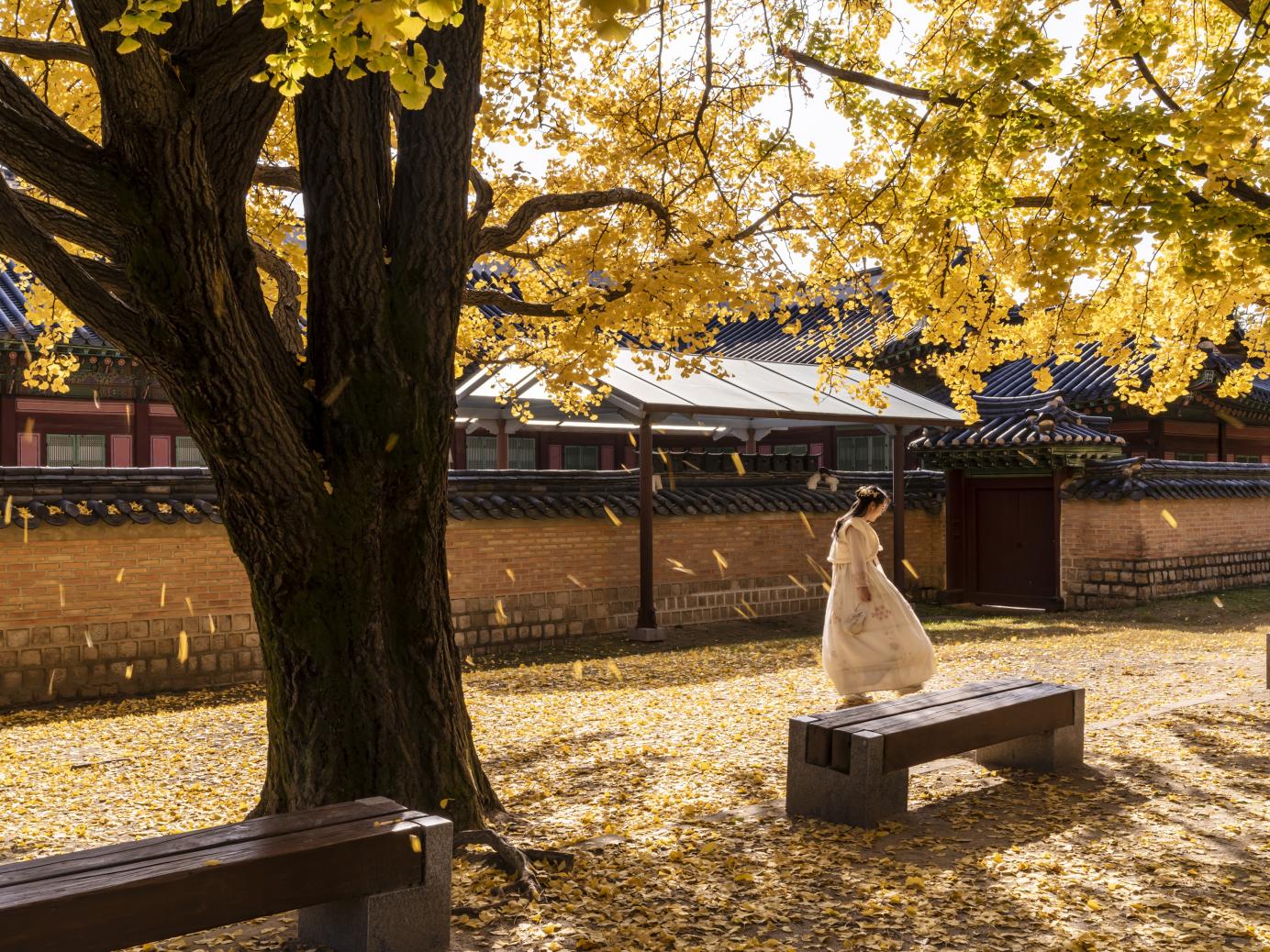
Seoul, the bustling capital of South Korea, seamlessly blends modern skyscrapers with ancient palaces, offering a vibrant mix of culture, history, and innovation. Begin a self-drive tour with the scenic Nami Island, known for its charming tree-lined paths and iconic K-drama sites. Following this, the Gapyeong Rail Bike provides a unique countryside experience as you pedal along picturesque landscapes. Returning to the city, Bukchon Hanok Village offers a glimpse into Korea’s traditional architecture, while Gyeongbokgung Palace showcases the grandeur of the Joseon dynasty, complete with the changing of the guard ceremony. The journey continues to N Seoul Tower atop Namsan Mountain, where panoramic views of Seoul’s skyline captivate visitors, particularly at sunset. Conclude with an adventure at Everland, Korea’s largest theme park, offering a variety of thrilling rides and vibrant attractions for all ages, making Seoul a dynamic city rich in experiences.
- Gangwon-do
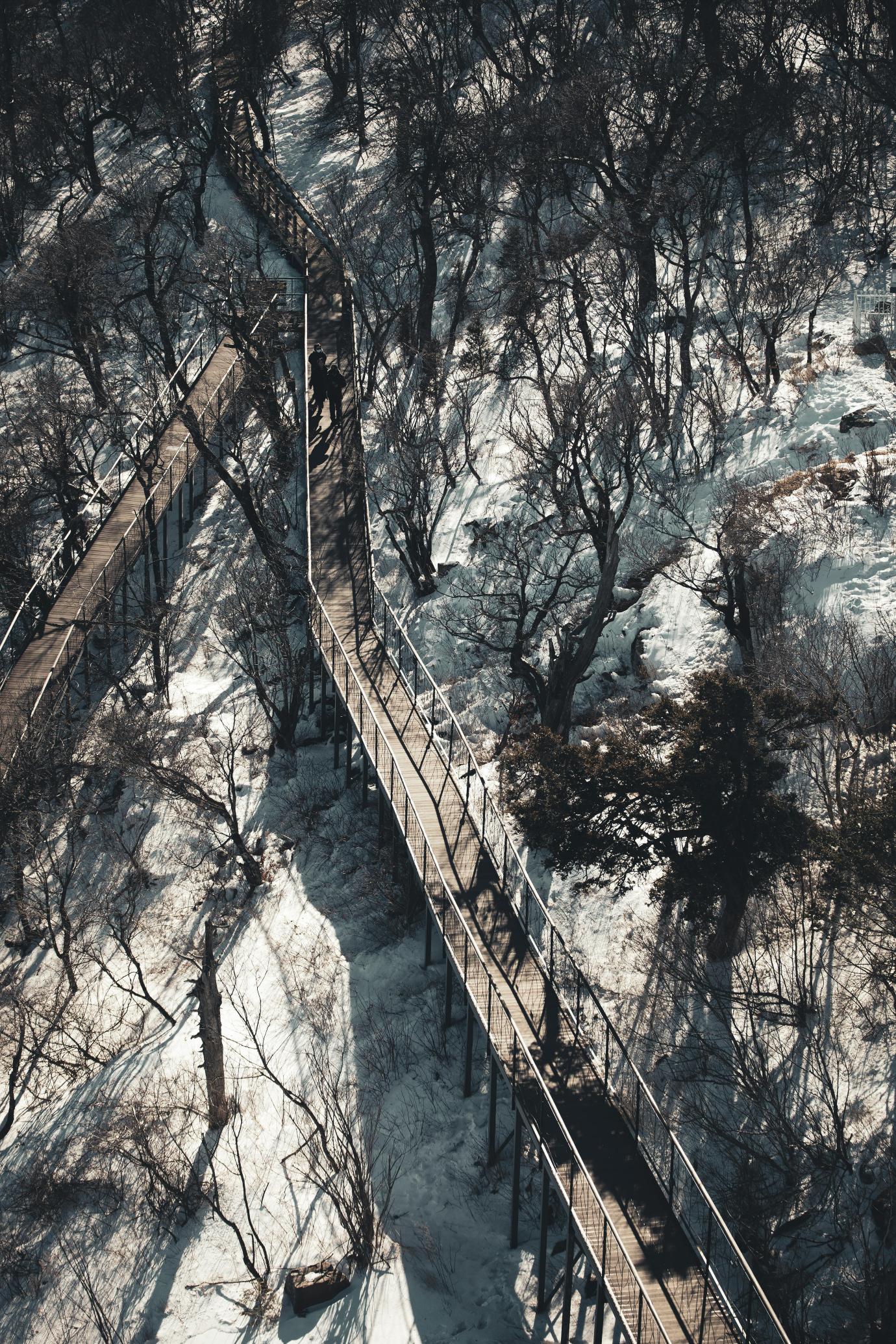
Gangwon-do, renowned as South Korea’s winter sports hub, offers stunning natural landscapes and top-tier ski resorts. Start at Yongpyong Ski Resort, famous for its extensive facilities that cater to all levels of skiers. Then, move to Alpensia Resort, where the combination of skiing and hot spring relaxation makes for a perfect getaway. Phoenix Park is next, known for its exciting ski and snowboard trails. Finally, end at High1 Ski Resort, offering diverse and long runs to enjoy. This itinerary seamlessly combines the thrill of skiing with the serene beauty of Gangwon-do, making it a must-visit for any winter enthusiast.
- Gyeongsangbuk-do
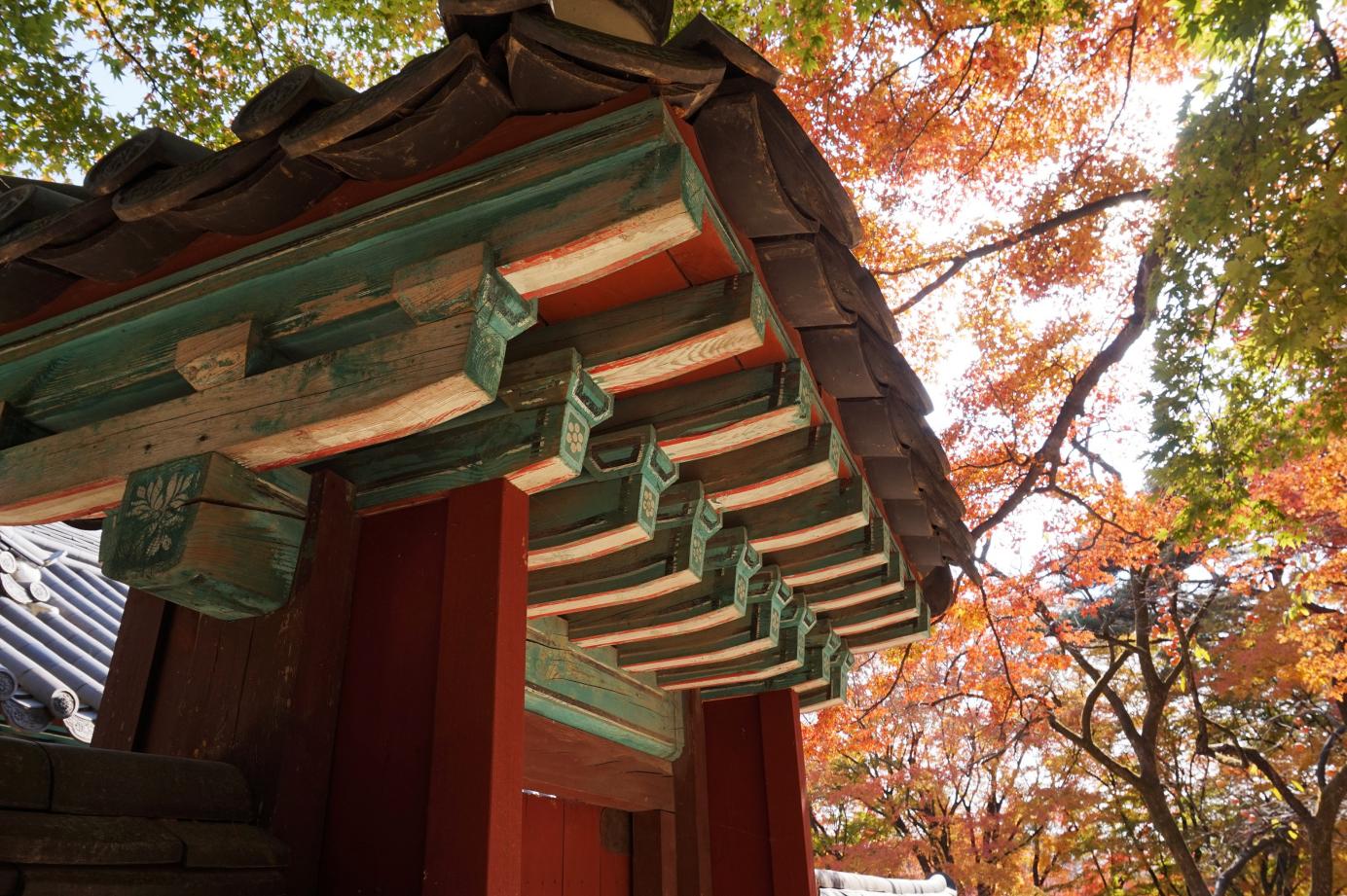
Gyeongsangbuk-do, celebrated for its profound history and breathtaking landscapes, invites travelers to explore its cultural treasures. Begin your self-drive adventure in Gyeongju, often referred to as “the museum without walls.” Here, you’ll find the Bulguksa Temple, a UNESCO World Heritage site renowned for its remarkable architecture and peaceful gardens. Close by, Anapji Pond offers a magical atmosphere, especially when lit up at night, making it ideal for relaxation and photography. In Gyeongju, delve into the past at the Gyeongju National Museum, and wander through the Daereungwon Tomb Complex and Cheomseongdae Observatory, which provide valuable insights into Korea’s ancient heritage. Continue your journey to the coastal charm of Pohang, where an afternoon at Songdo Beach allows you to enjoy the stunning East Sea views and indulge in fresh local seafood. Conclude your exploration in Andong, visiting the historical Hahoe Folk Village, famous for its traditional Korean architecture and lively cultural performances. Don’t miss the Andong Hahoe Mask Museum, where you can discover the stories behind Korea’s traditional masked dance drama.
Useful Website and Numbers
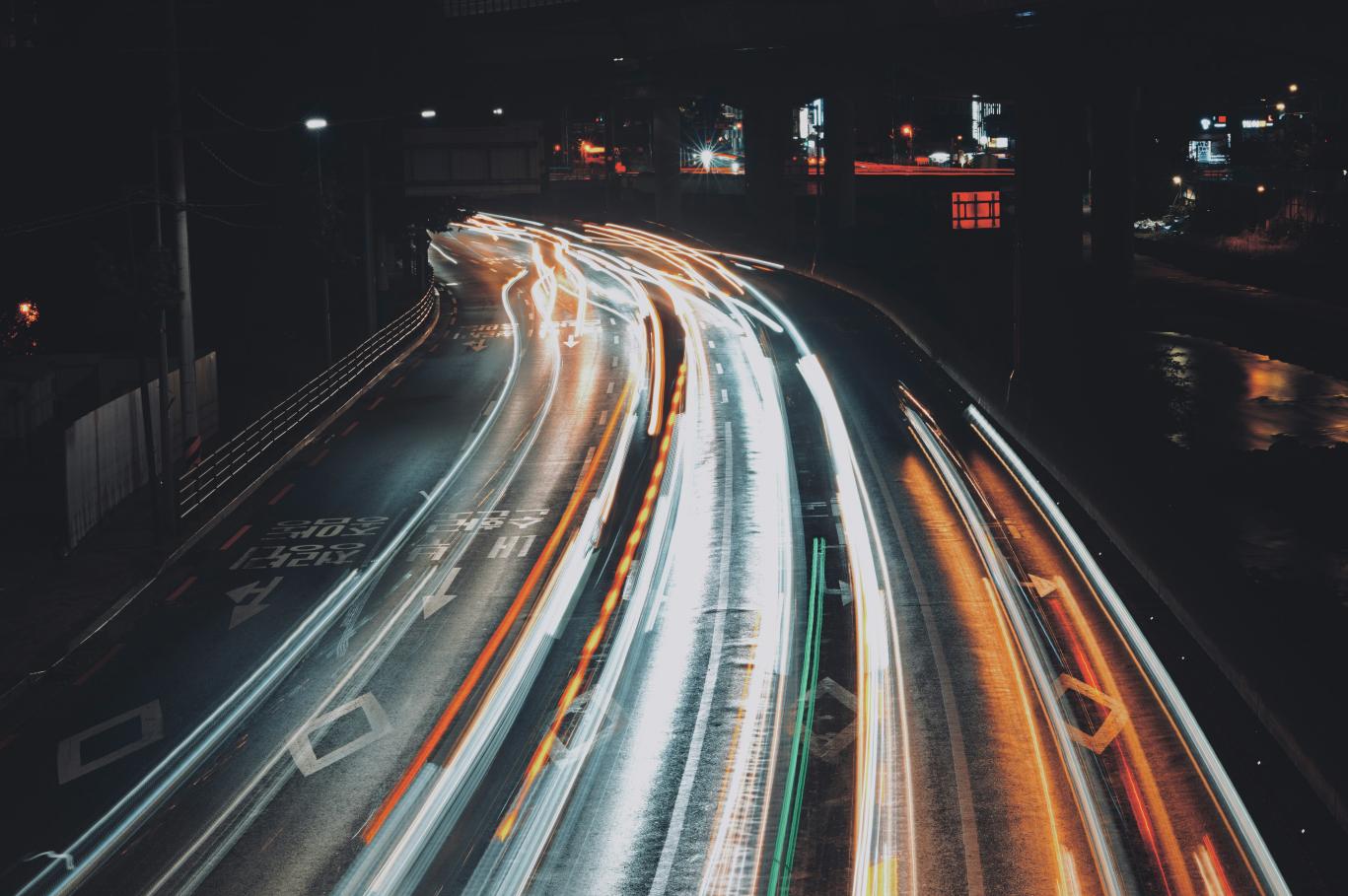
- Korea official tourism website: VISITKOREA – Imagine Your Korea
- Police Department: +82-112
- Fire Department: +82-119
- Medical Emergencies: +82-119
- Infectious Disease Emergencies: +82-1339
- Foreign Traveller Hotline: +82-1330
- Embassy Numbers by Country: https://www.embassypages.com/
- You can also call your car rental company:
For the rental company’s phone, please refer to your rental confirmation.

